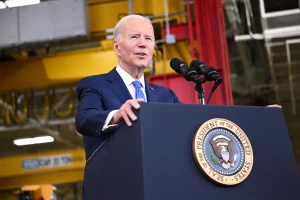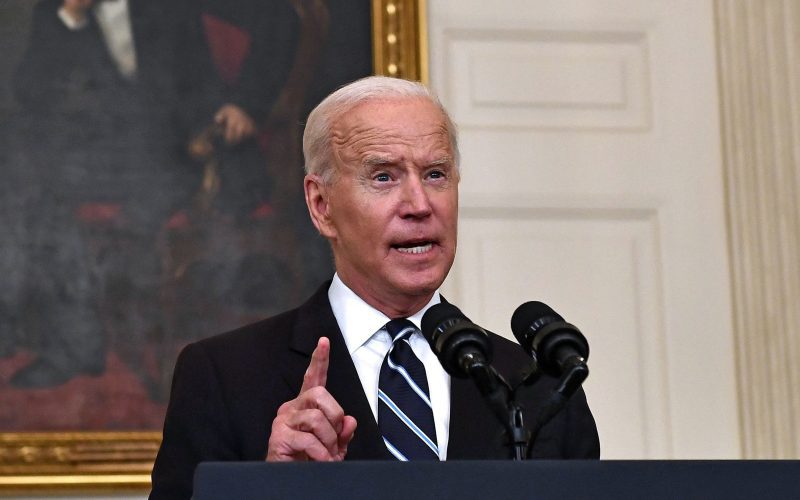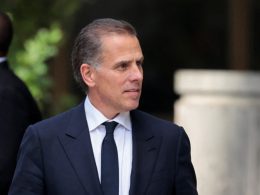The ongoing conflict between Israel and Hamas has seen numerous ceasefires and peace initiatives over the years, each aiming to bring a lasting resolution to the turmoil in the region. Recently, U.S. President Joe Biden proposed a new ceasefire plan. However, Hamas has raised significant demands for changes to this plan, prompting intense diplomatic negotiations and discussions.
The Current Conflict: Background and Context

The conflict between Israel and Hamas, the de facto governing authority of the Gaza Strip, is part of the larger Israeli-Palestinian conflict. Rooted in decades of territorial disputes, religious significance, and political friction, this conflict has seen numerous violent flare-ups, including rocket attacks, airstrikes, and ground operations. The international community, including the United States, has frequently intervened in attempts to broker peace and prevent humanitarian crises.
President Biden’s Ceasefire Plan
President Biden’s ceasefire proposal aims to halt the violence, provide humanitarian relief, and lay the groundwork for long-term peace negotiations. The plan includes several key elements:
- Immediate Cessation of Hostilities: An urgent call for both sides to halt all military actions.
- Humanitarian Aid: Facilitating the entry of medical supplies, food, and other essential aid into Gaza.
- Negotiation Framework: Establishing a platform for further diplomatic talks to address underlying issues.
- International Monitoring: Deploying international observers to ensure compliance with the ceasefire.
Hamas’s Demands for Changes
Hamas has expressed concerns and demands specific amendments to the Biden ceasefire plan. These demands include:
- Lifting of the Blockade: A complete end to the Israeli blockade of Gaza, which has been in place since 2007.
- Release of Prisoners: The release of Palestinian prisoners held by Israel.
- Ceasefire Conditions: Guarantees against future Israeli incursions and the right to self-defense.
- Reconstruction Aid: Unconditional international aid for rebuilding Gaza’s infrastructure, damaged by repeated conflicts.
Diplomatic Responses and Reactions
Israeli Government’s Stance
The Israeli government, led by Prime Minister Benjamin Netanyahu, has shown reluctance to accept Hamas’s demands, particularly concerning the blockade and prisoner releases. Israel argues that the blockade is crucial for security reasons, preventing the smuggling of weapons into Gaza. Furthermore, they insist that any ceasefire must ensure Hamas cannot rearm and resume hostilities.
International Community’s View
The international community has displayed mixed reactions. Some countries and organizations, including the European Union and various human rights groups, support lifting the blockade to alleviate humanitarian suffering in Gaza. Others, particularly those aligned with U.S. and Israeli policies, emphasize the need for a balanced approach that addresses both security concerns and humanitarian needs.
Comparative Analysis
Ceasefire Plan Elements: Biden vs. Hamas Demands
| Element | Biden’s Plan | Hamas’s Demands |
|---|---|---|
| Cessation of Hostilities | Immediate halt to all military actions | Agrees but wants conditions for future security |
| Humanitarian Aid | Facilitated entry of essential supplies | Unconditional aid and reconstruction funds |
| Negotiation Framework | Diplomatic platform for future talks | Inclusion of Hamas’s terms in the negotiation |
| International Monitoring | Deployment of international observers | No clear stance |
| Blockade | No immediate lifting of blockade | Complete end to the blockade |
| Prisoner Release | Not addressed specifically | Release of Palestinian prisoners |
Analysis Table: Impact and Implications
| Aspect | Biden’s Plan Impact | Hamas’s Demands Impact |
|---|---|---|
| Humanitarian Situation | Short-term relief with aid | Long-term improvement if blockade lifted |
| Security | Maintains Israeli security concerns | Potential risk if blockade lifted entirely |
| Political Stability | Encourages diplomatic engagement | Could face resistance from Israeli government |
| International Relations | Strengthens U.S. role as mediator | May strain U.S.-Israel relations if demands met |
| Peace Process | Sets stage for future talks | Immediate tension reduction but long-term challenges |
Conclusion
The demands for changes to President Biden’s ceasefire plan by Hamas underscore the complexity of the Israeli-Palestinian conflict. While the Biden administration seeks a balanced approach to halt violence and foster dialogue, Hamas’s demands highlight significant issues, particularly the humanitarian crisis in Gaza and the ongoing blockade.
Path Forward
For a sustainable resolution, both sides need to make concessions. The international community, particularly influential nations like the U.S., can play a crucial role in facilitating negotiations that address both humanitarian concerns and security needs. A revised ceasefire plan that includes gradual lifting of the blockade, conditional on the cessation of hostilities, and robust international monitoring might offer a more feasible path to peace.
Ultimately, any lasting solution will require addressing the root causes of the conflict, including territorial disputes, political recognition, and mutual security assurances. The current ceasefire negotiations, despite their challenges, offer an opportunity to take significant steps toward a more peaceful and stable future for both Israelis and Palestinians.












